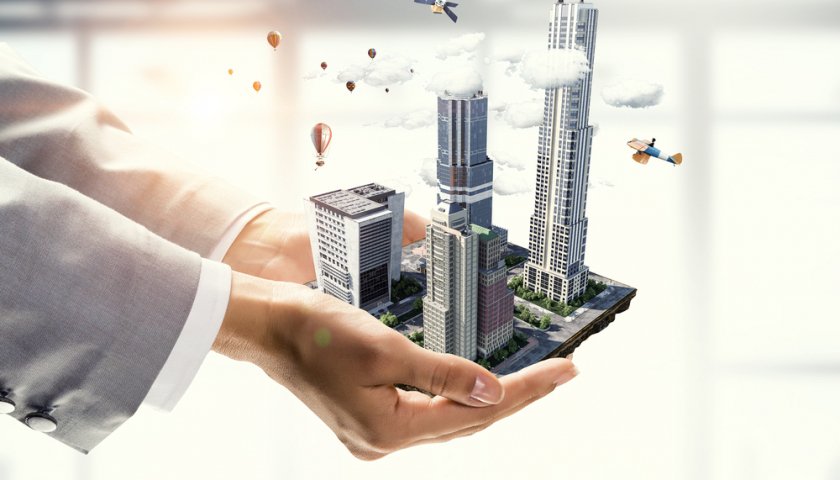
At the core of the work of a property developer is a desire to convert abandoned land or unutilized property into profitable assets. They meticulously analyze market trends analyze the demands of the neighborhood, and design projects that satisfy requirements and goals. These visions often involve collaboration with urban planners, architects, and local authorities to ensure that their plans are aligned to zoning rules as well as infrastructure and environmental considerations. From luxury condominiums to mixed-use developments, property developers are adept at conceptualizing and executing projects that cater to a variety of demographics and tastes.
But, traversing the maze of landscape of real estate development is riddled with challenges. Market fluctuations, regulatory hurdles and local opposition could make even the most carefully developed plans off course. A downturn in the economy can slow projects and changing preferences for consumers demand regular adaptation. Additionally, developers need to find a delicate balance between financial success and social responsibility. This means coping to issues related to affordability as well as sustainability and fair accessibility to housing. Faced with these challenges, successful developers demonstrate resilience, innovation, and an unwavering commitment towards their mission.
Moreover, the environmental impact of these projects should not be ignored. Property developers are increasingly under demand to develop sustainable strategies that reduce carbon footprint and preserve natural spaces as well as improve energy efficiency. Sustainable design elements like rainwater harvesting systems, as well as LEED certification have been standard elements in new developments. In addition to complying with the regulations builders are now recognizing the long-term benefits of environmentally green initiatives. This includes price reductions, market competition as well as a positive perception of the public. To acquire new details please Check This Out

However, the pursuit of growth also creates difficulties and debates, typically entailing complex negotiations with local governments, environmental concerns, and opposition from communities. The argument of critics is that rapid urbanization led by developers can exacerbate the problems of gentrification and displacement of indigenous communities, and environmental degradation. Balancing economic imperatives with social and environmental sustainability remains an ever-present challenge for this industry.
As we peer into the future, the role of property developers is poised to change in the face of changes in the demographics of people, urbanization trends and the global challenges. A growing demand for mixed-use projects as well as transit-oriented communities and places that promote wellness will define the next wave of development. Moreover, the imperative to address climate change and ensure social equity will prompt developers to look for innovative solutions as well as collaborative partnerships. In this dynamic landscape, flexibleness, adaptability and a forward-thinking mindset will distinguish the trailblazers who redefine the limits of possibilities within the field of real property development.